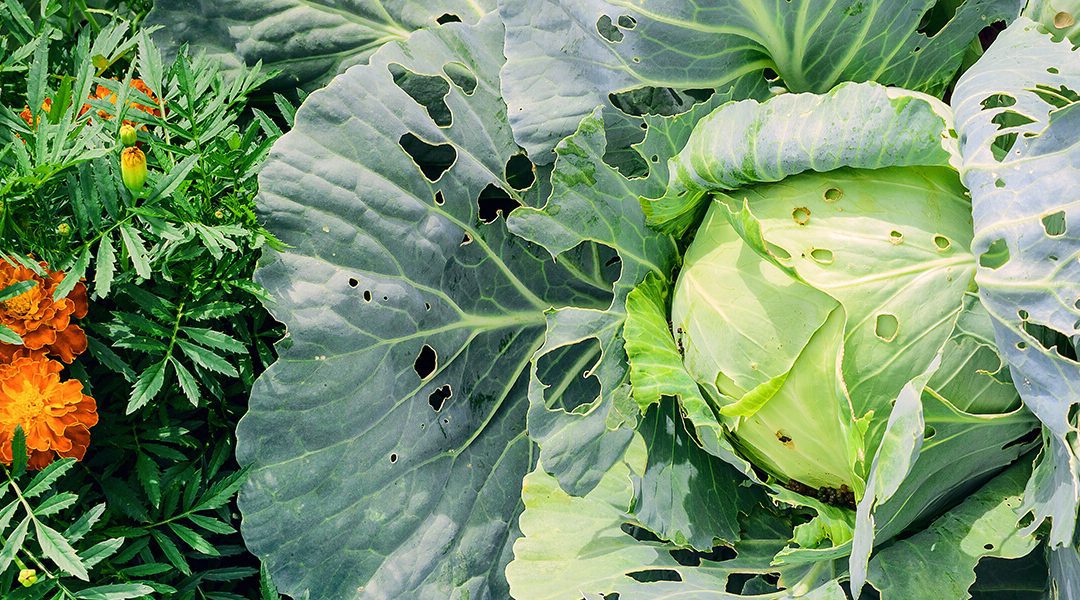When you’re new to gardening, it’s easy to fall prey to common mistakes. Even if you’ve been growing vegetables for many years, you may be repeating the same errors each season without knowing it. To save you a lot of hassle and make your gardening more efficient, check out the top seven gardening blunders and how to avoid them!
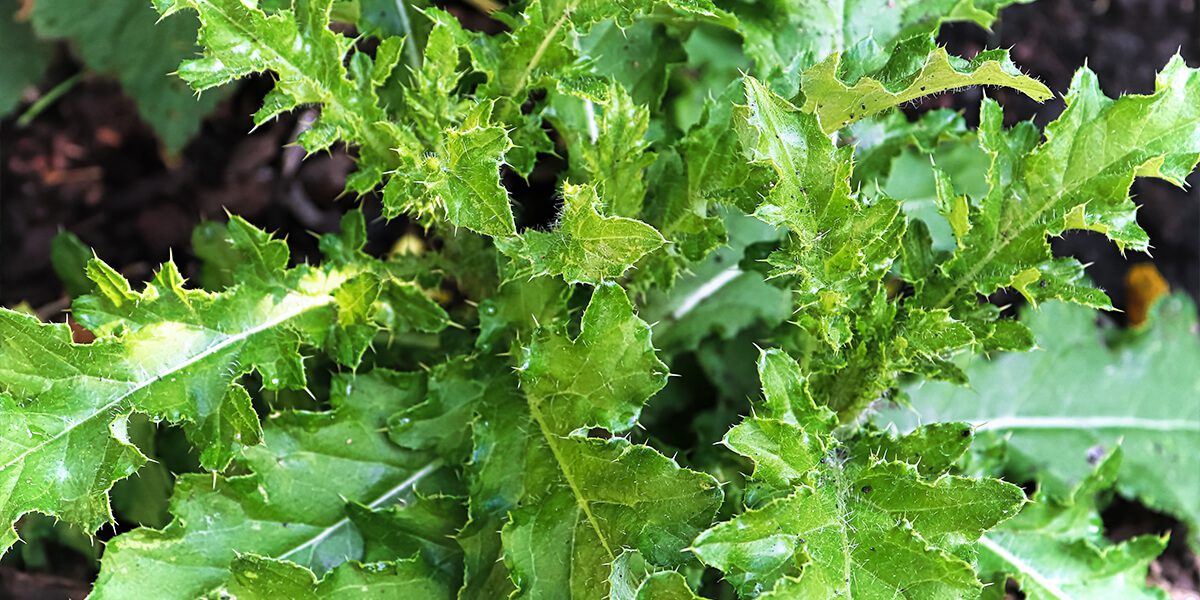
Gardening beginners sometimes make the mistake of missing the harvest window.
1. Letting Weeds Go to Seed
When weeds are young seedlings, it’s easy to scrape them away with a garden hoe. As the roots grow deeper, the effort almost doubles. But a bigger gardening gaffe is to let your beds become a breeding ground for these annoying plants. A small patch of creeping Charlie looks innocent enough, but it spreads all too easily. What started as a few leaves can quickly become several dozen, all because of a too-relaxed weeding regimen.
Do This Instead: Pick away weeds when they’re still young. Build weeding into your weekly maintenance routine, like watering. Use mulch to avoid exposing your soil to weed seeds. And steer clear of letting thistles, dandelions, crabgrass—or any other unwanted guests—go to seed in your garden!
2. Not Harvesting at the Peak
Gardening beginners sometimes make the mistake of missing the harvest window. When the basil’s ripe for picking, they gingerly take a few leaves, trying to be frugal. When the zucchini is a modest size, they wait for it to get bigger but find it woody when they cut it open. Sometimes, they haven’t bothered to find out what a ripe radish or pea pod looks like and miss these veggies when they’re sweetest and most tender.
Do This Instead: Remember you’re growing plants to eat them, so don’t make the error of missing the peak harvest. Find out what ripe tomatoes look like for your variety—not all of them are red! Write the expected harvest dates in your calendar. And don’t worry about harming a plant by eating it; herbs like basil and cilantro get a kick of new growth after harvesting. Plants like beans and cucumbers set more fruit after you pick them.
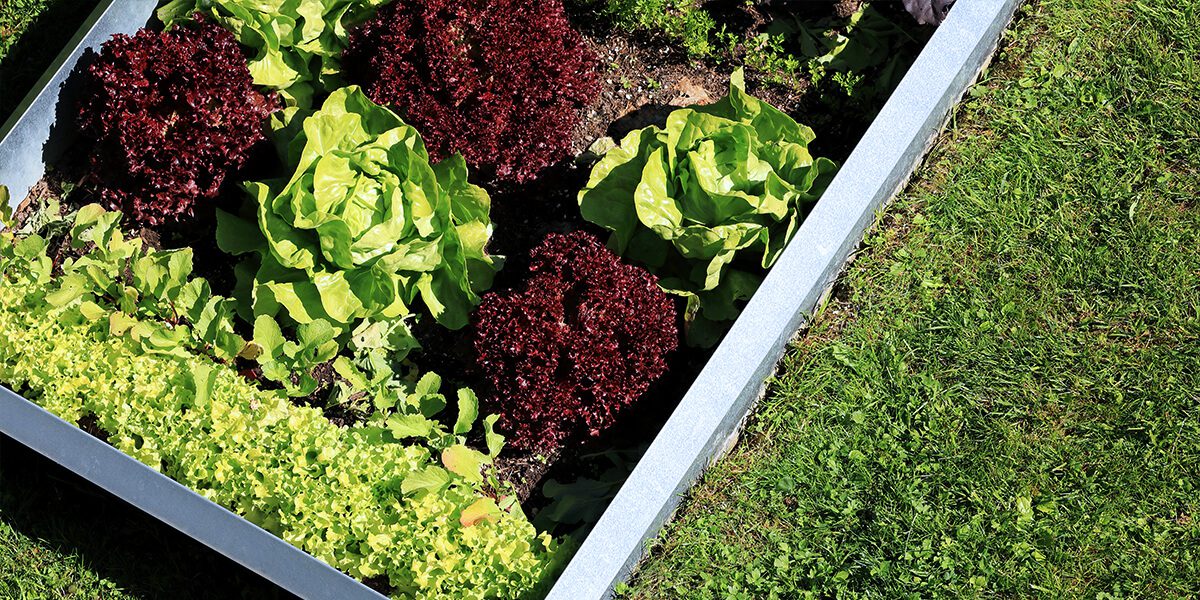
3. Improper Spacing
It’s a common gardening error to ignore spacing guidelines. Some beginners end up with an overgrown thicket of lettuce that’s stressed out, pest-infested, and bolts too early. Others have perfect turnips but a gap of two feet between each row. In the first case, you’ve spoiled your harvest by trying to pack in too much. In the second, you’ve put in all of the normal work, only to grow a half bare garden.
Do This Instead: Use the garden to full capacity, but avoid overdoing it. Follow the spacing guidelines on each seed package. Root veggies and greens can be thinned as they grow. Tomatoes, peppers, and squash need lots of space to sprawl later in the season. You can plant other crops in between them in the spring and harvest them as the tomatoes reach full size.
4. No Staggered Harvesting
Another gardening mistake is to sow all of your seeds at once in early spring. This would be fine if you were only growing vegetables like beans or squash that need the whole growing season. But many crops, like root veggies and greens, only need 2-3 months to mature. If you plant all of your lettuce at once, you’ll have more salad than you can eat in a couple of months, but nothing after they bolt.
Do This Instead: Sow seeds so that you can enjoy consistent harvests throughout the summer. Replant lettuce and radishes every couple of weeks, and plan for a second batch of carrots. Buy more onion plugs later in the season for a fall harvest. Our growing season in Illinois may not be as long as, say, California’s, but we still have many months for staggered plantings and multiple harvests.
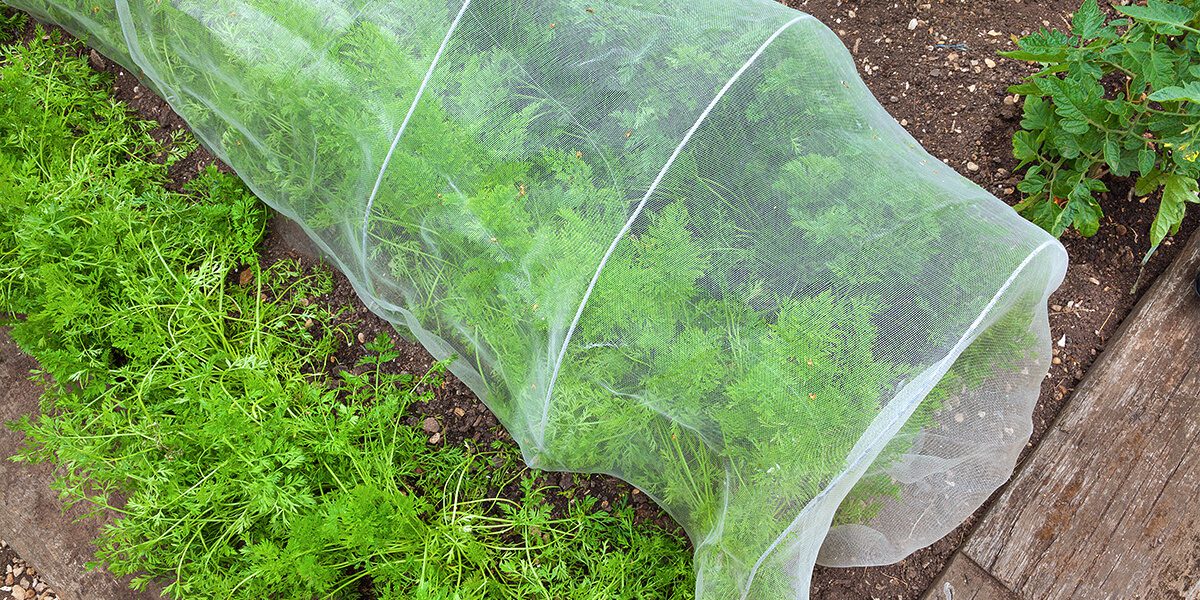
5. Not Fencing Out Wildlife
Here’s an easy mistake for first-time growers: just when your seedlings are finally sprouting, you wake up one morning to find them nibbled to the ground. Even if you’ve never seen rabbits in your yard before, somehow they’ve discovered your garden. It shouldn’t be a surprise. I mean, what kind of rabbit would pass up a salad buffet growing right in their territory?
Do This Instead: Avoid the surprise by fencing your veggie plot from the beginning. A small fence or raised bed is enough to box out rabbits. Deer require a larger fence if they become a problem. If you need to steer away birds or squirrels from above, cover the garden with netting.
6. Too Much or Too Little Water
People new to gardening can be so keen to give enough water that they mistakenly water too much. Overwatering can cause plant roots to stay too wet, making them rot. Extra moisture can also encourage fungus to spread on the leaves. The opposite approach is just as important to avoid: too little watering can stress out plants, which may then fail to fruit or flower for you.
Do This Instead: Avoid this common gardening blunder by giving the right amount of water. That means knowing each plant’s watering needs, keeping track of rainfall, and adjusting your schedule according to hot or cool temperatures.
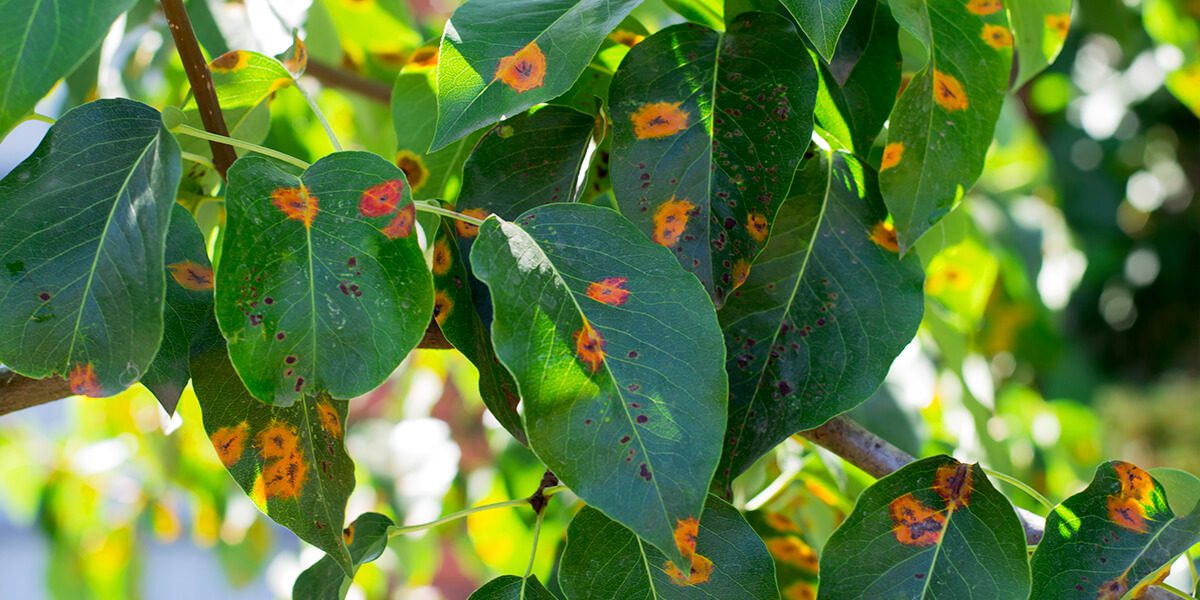
7. Not Addressing Pests
When you see an abnormal spot or color on the leaves, it’s normal to wait and see what happens. But that gaffe could make all of your gardening more difficult. Pest infestations easily multiply and infect other plants in short order. Sometimes even a novice gardener knows disease is growing on a plant, but they just let it be, either not knowing what to do or hoping it will resolve itself—a big mistake.
Do This Instead: Even though one insect seems insignificant, it pays to look it up and prevent the situation from getting worse. If you have a full-fledged infestation on your hands, you can usually find a way to resolve the problem. It may be as simple as covering a plant with netting, laying down newspaper on the soil to disrupt an insect’s life cycle, or changing your watering habits. Pest management is well within any beginner’s gardener’s abilities.
If you avoid these errors, you’ll be well on your way to a successful gardening season. Each one touches on the most important techniques: weeding, planting, watering, harvesting, and dealing with unwanted animals and pests. Remember not only to avoid mistakes but to embrace the best gardening practices out there!
Platt Hill Nursery is Chicago’s premier garden center and nursery.

